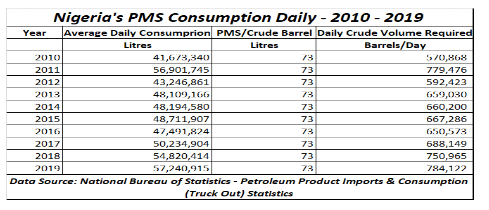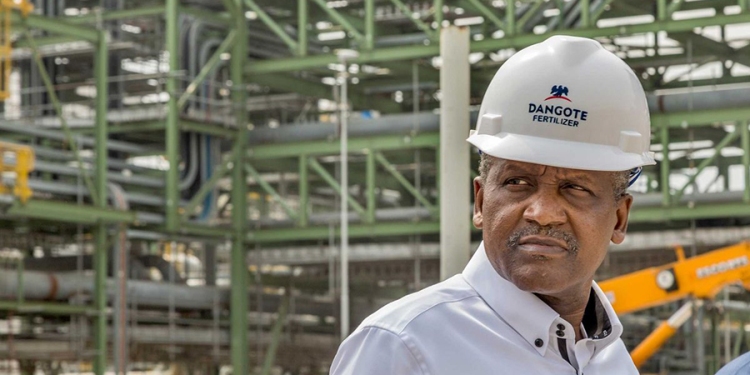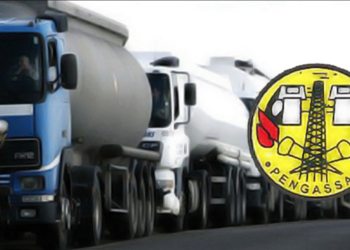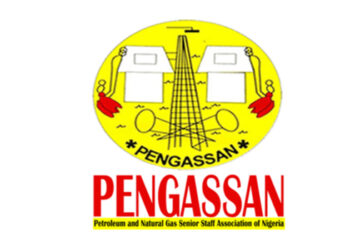Article Summary
- Aliko Dangote’s $19 billion refinery project marks his entry into Nigeria’s oil and gas downstream industry, offering potential solutions and opportunities.
- Nigeria, with its vast oil and gas reserves, has struggled with inconsistent data and fluctuating consumption figures, creating the need for additional refining capacity.
- The Dangote refinery, coupled with the government’s commitment to ending subsidies, holds the potential to transform Nigeria’s energy landscape, attract investments, and stimulate economic growth.
From his ventures in sugar, salt, cement, and now oil and gas downstream, Aliko Dangote has consistently demonstrated his astute business acumen and deep understanding of supply and demand economics.
However, let us shift our focus away from the man (Aliko, as his close friends call him) and instead focus our attention on his entry into the oil and gas downstream industry.
I firmly believe that those who possess a genuine comprehension of the intricacies of business should be the ones leading and creating opportunities in this field. It seems that, finally, there is a glimmer of hope, a potential turning point.
Challenges and Opportunities in Nigeria’s Downstream Oil and Gas Industry
Nigeria, often referred to as the giant of the African continent, possesses the largest reserves of oil and gas on the continent and already has four refineries with a combined capacity of 445,000 barrels per day.
Interestingly, a staggering sum of NGN 12 trillion (approximately $26.1 billion) was spent on subsidies, refinery overhauls, maintenance, and investments in private refineries between 2015 and 2022.
The Impact of Dangote Refinery on Nigeria’s Energy Landscape
In our search for solutions, we have once again sought the assistance of Aliko, relying on him to guide us out of our predicament. It is reminiscent of the tales of old, where our forefathers sought help in times of need and held onto the hope that better days would come.
Aliko’s endeavours could be seen as an oasis in the desert, leading us to the long-awaited promised land, after enduring over four decades of struggles in the petroleum wilderness—a period longer than the Israelites spent wandering.
However, a sense of trepidation fills me, akin to the lone voice of John the Baptist crying out in the wilderness. Looking closely at Nigeria’s daily petrol consumption patterns between 2015 and 2022, one cannot help but ponder whether we are merely fleeting like a candle flame in the wind.
We must prepare ourselves for the harsh realities of scorching desert heat during the day and chilling cold at night, as we cautiously embark on this new venture led by Aliko, our modern-day Moses, hoping to be delivered from our metaphorical Egypt.

The Path to Economic Growth: Leveraging Nigeria’s Oil and Gas Potential
The lack of reliable statistics and inconsistent data has resulted in fluctuating daily consumption figures for petroleum products, ranging from 61 million to 93 million litres between 2020 and 2022.
For the sake of simplicity, let us assume an average daily consumption of 77 million litres, which translates to a requirement of refining approximately 1.05 million barrels of crude oil each day to meet our consumption needs.
To bridge the gap, an additional 400,000 barrels of crude would be necessary. While I do not wish to sound pessimistic, the removal of subsidies and under-recovery in the downstream oil and gas industry, as mentioned in the President’s inaugural speech, would create a favourable environment for potential investors to contribute to the sector’s expansion and opportunities.
What you should know
Nigeria possesses the natural resources and potential to compete with downstream facilities in prominent locations such as Rotterdam, Singapore, and the Island of Gibraltar.
With the establishment of extensive refining and storage terminals, we can fulfil our own requirements as well as those of the African continent, truly living up to our reputation as the Giant of Africa through tangible actions rather than mere words.
As the new administration takes charge and demonstrates a firm commitment to ending the petrol subsidy regime, I am filled with renewed hope.
By forging a path towards the light at the end of the tunnel, the Dangote refinery has created opportunities for others to participate in the development of an industry that will bring much-needed prosperity and increased investment across all sectors of the economy.
Warren Buffett once said, “Someone’s sitting in the shade today because someone planted a tree a long time ago.”
Now that we have planted the tree of downstream sector liberalization, it is time for others to utilize its shade to plant new trees that will provide ample coverage for Nigeria, fostering economic growth and unlocking the wealth-creation potential of the oil and gas industry.
In conclusion
- “Opportunities are like sunrises. If you wait too long, you miss them,” William Arthur Ward.
Through Dangote Refinery, we have a glimpse of the sun, which lets us completely break down the remaining barriers to enjoy the benefits of the tan from the full glare of sunlight.























